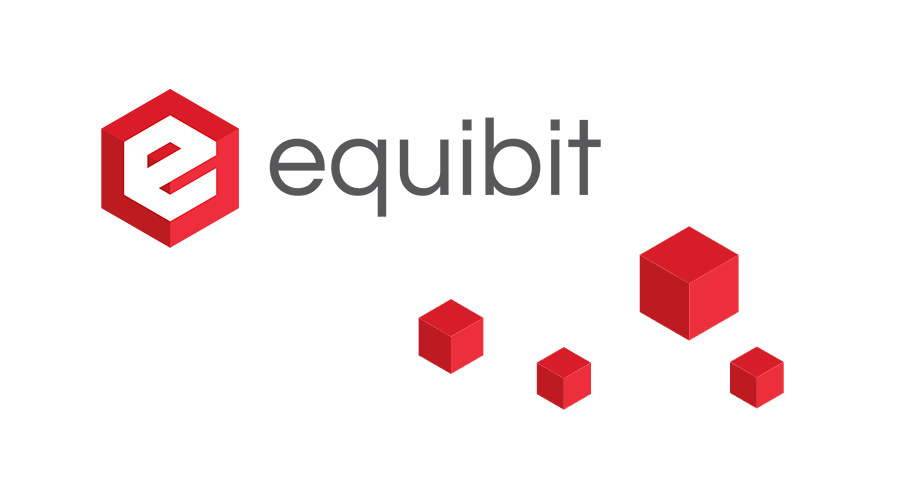Equibit Group, developers of blockchain technology for capital markets, recently announced the public release of their mainnet, and with it, the world’s first SHA-3 cryptocurrency. The genesis block was mined on February 21, 2019, at 11:40 am EST.
The open-source application allows users to run an Equibit node, validate and initiate transactions, set up a wallet and much more. Equibit’s EQB is the first cryptocurrency to use SHA-3, the new secure hashing standard. SHA-3 is more efficient and arguably more secure against quantum-based computing attacks than its predecessor SHA-2, used by Bitcoin.
The blockchain also includes a mining difficulty adjustment algorithm that continuously adapts to changes in network hash rate, keeping block times more consistently at 10 minutes, making it harder for a large miner to attack the network.
You can download Equibit versions for Windows, Ubuntu, and Docker at the following links:
- windows: https://github.com/Equibit/CoreBinaries/releases/tag/v0.02.22
- docker: https://hub.docker.com/r/macterra/eqb-mainnet/tags (v02.22 tag)
- source: https://github.com/Equibit/equibit-core (v0.02.22 tag)
- installation: https://github.com/Equibit/Open-Testnet/wiki/EQB-Node
The miner application released, allows miners to complete proof-of-work operations with their CPUs and GPUs, thus securing the network and adding blocks to the blockchain. In return, the protocol rewards them fresh units of the network’s native cryptocurrency, EQB. A total of 22 million EQB will be produced by the protocol over the course of about 55 years. Production rates follow a normal distribution, like a coal mine or oil well.
Those interested can download the mining application at the following link:
The company, which held a token sale back in 2017, aims to bring the benefits of blockchain technology to capital markets. The native wallet leverages the full functionality of the Equibit blockchain and can execute cross-chain atomic swaps between EQB, Bitcoin, and any other cryptocurrency with similar scripting features.
In August 2018, the group opened a new office in Zug, Switzerland, also known as “Crypto Valley.”
